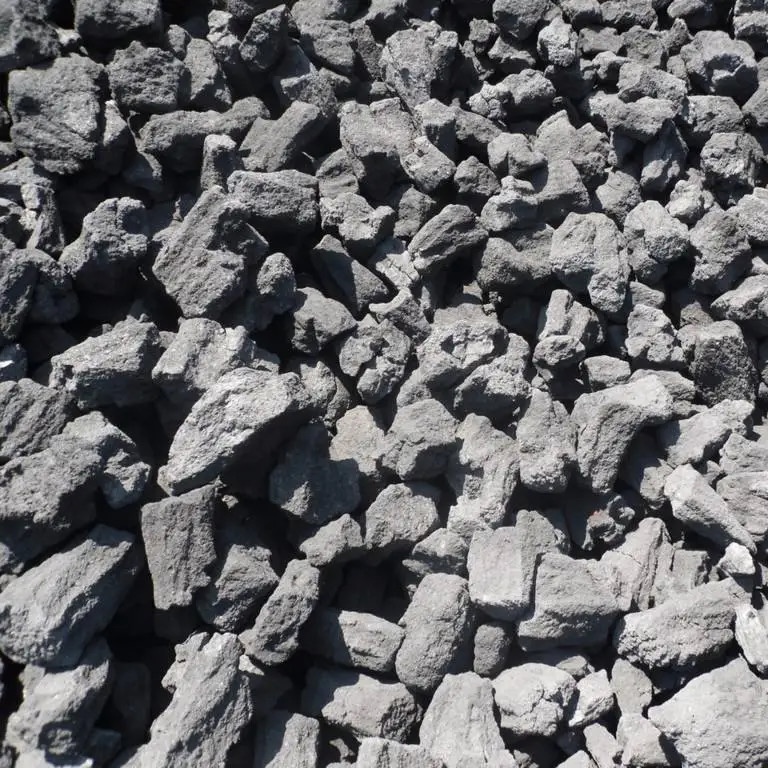
Calcined Petroleum Coke
Product Name: Calcined Petroleum Coke (CPC)
Material Type: Calcined Petroleum Coke (CPC)
Form: Granular, or small lump (depending on customer requirements)
Color: Black
Origin: Germany
Purity: High carbon content (typically around 99% or higher)
Carbon Content: 98% – 99.5%
Volatile Matter: Less than 1%
Sulfur Content: 0.5% – 3% (varies by source and specification)
Ash Content: Typically less than 0.5%
Size: Granules, small lumps, or powder (size can be customized to customer needs)
Density: 1.9 – 2.1 g/cm³
Moisture Content: Less than 1%
Packaging: Bulk or bagged, depending on the customer’s requirements
Recyclability: Non-recyclable but can be repurposed in various industrial applications
Environmental Compliance: Produced in compliance with Germany's environmental standards and regulations
Certification: Meets industry specifications for use in aluminum, steel, and other high-end industrial applications
Description
Calcined Petroleum Coke (CPC) is a high-purity carbon material produced by heating raw petroleum coke (a by-product of the oil refining process) to high temperatures in rotary kilns. This heating process, known as calcining, removes volatile hydrocarbons and increases the carbon content. The result is a dense, solid product with excellent electrical conductivity and low levels of impurities. Sourced from Germany, this high-quality calcined petroleum coke is used in a variety of industrial applications where high-grade carbon is required.
Application:
Calcined Petroleum Coke is used in several critical industries for various applications:
- Aluminum Industry: Used as anode material in the production of aluminum through the electrolysis process in smelting furnaces.
- Steel Industry: Employed in the production of steel as a carburizing agent for steelmaking, to increase the carbon content in steel alloys.
- Electrode Manufacturing: Used in the production of electrodes for electric arc furnaces in steelmaking and other applications requiring high conductivity.
- Battery Industry: Used in the manufacturing of high-performance lithium-ion battery anodes.
- Carbon Black Production: A raw material for the production of carbon black, which is used in rubber and plastics manufacturing.
- Refractory Industry: Utilized in the production of heat-resistant bricks and other materials used in high-temperature applications.
- Other Industries: Used in the production of other carbon-based materials for diverse industrial purposes such as lubricants, paints, and coatings.
